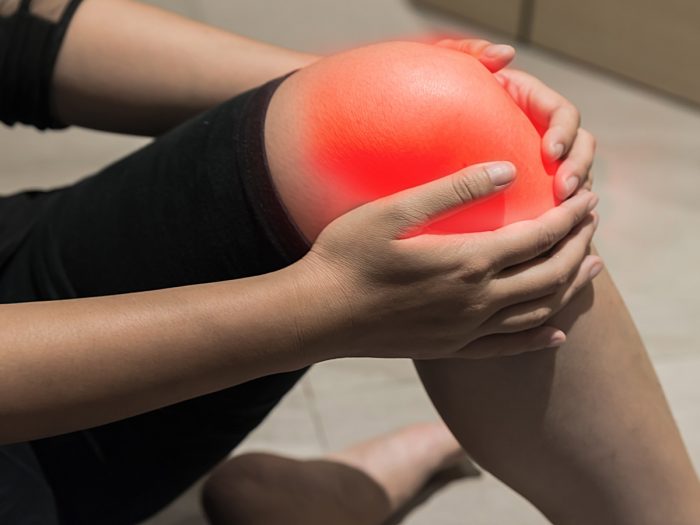Rejoice! Scientists may have found a new way to curb chronic inflammation!
Researchers from the Trinity Biomedical Sciences Institute, Dublin have discovered a new metabolic process that can switch off inflammation. They have discovered ‘itaconate’, a molecule derived from glucose, which has the power to switch off the macrophages. [1]
What are macrophages?
Macrophages are the cells of the immune system, which are formed in response to various infections. It is important to note that any infection or wound cannot be healed without inflammation, however, chronic inflammation can lead to various diseases. These include inflammatory bowel syndrome (IBS), rheumatoid arthritis, hay fever, atherosclerosis, and even cancers.

According to the study published in the journal Nature, both human and mice cells were used to confirm the discovery. This is the first ever kind of study where macrophages function of cooling the inflammation heat has been highlighted as a unique cure. [2]
What is the role of macrophages?
Dr. Evanna Mills, a joint study author, said: “The macrophage takes the nutrient glucose, whose day job it is to provide energy, and surprisingly turns it into itaconate. This then blocks the production of inflammatory factors, and also protects mice from the lethal inflammation that can occur during infection.”
Hyper-inflammation has been troubling about 1.3 million Americans annually who affected by rheumatoid arthritis. This is caused due to the inflammation of joints. Irritable bowel syndrome (IBS) is another major chronic inflammatory disease that has been bothering the gut health of many. This gastrointestinal dysfunction may also lead to diarrhea, constipation, or both. Inflammatory diseases have been of concern to many since many years. [3]
“This discovery and the new research pathways it has opened up will keep us busy for some time but we are hopeful that it will one day make a difference to patients with diseases that remain difficult to treat,” concluded study author Luke O’Neill, a professor at Trinity College Dublin.
